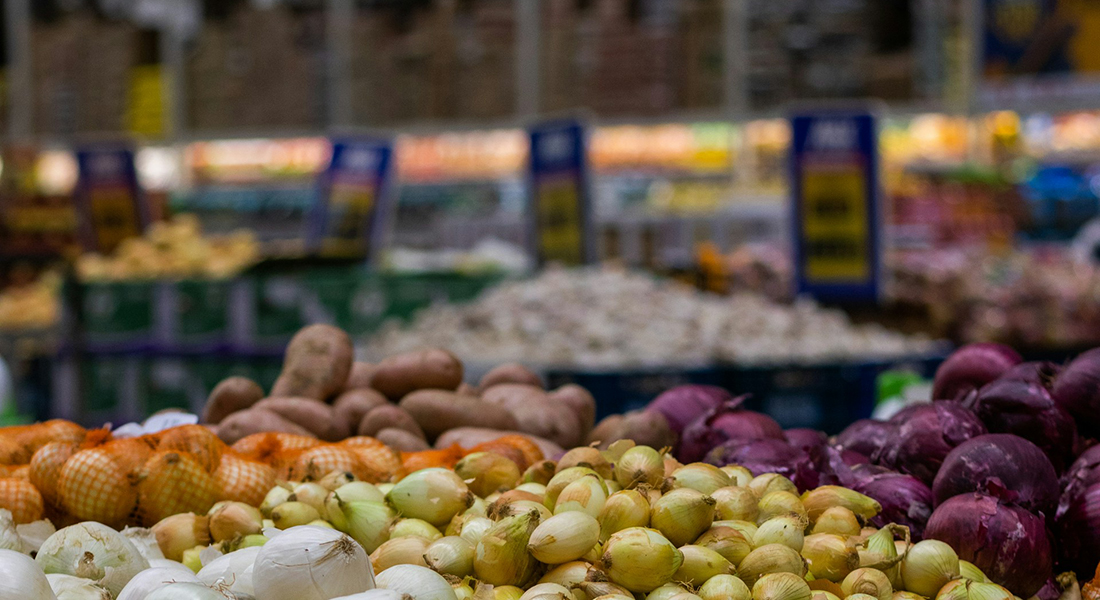A new study reveals an unfortunate effect of supermarkets' popular "2 for 1" offers: Not only do they make us buy more, these offers also lead to food waste at home.

Food waste is a huge global problem - both economically and climatically. The UN estimates that one third of all food goes to waste.
In collaboration with eight Swedish supermarkets, two researchers have therefore investigated how different types of offers affect our shopping and food waste. The result is clear: bulk offers increase sales by almost 20% - but also lead to more food waste in the home.
From store to trash can
In the experiment, over 43,000 purchases of fresh vegetables (primarily cucumbers and broccoli) were analyzed. When customers were presented with a "2 for X" offer, they bought significantly more than those who saw a single offer such as "1 for X". However, a follow-up questionnaire survey showed that food from bulk offers ended up in the trash more often.
"People think they are saving money - but end up buying more than they can eat," explains Christina Gravert, associate professor at the Department of Economics, University of Copenhagen.
She and Milica Mormann, associate professor at Southern Methodist University, are the authors of the study, which points out that we often shop on autopilot.
"When we see a special offer, we interpret it as a recommendation - and it feels easier to take two than to consider whether we actually need it. This is called a 'default effect' - we choose what seems to be the standard," Christina Gravert explains.
Two simple solutions
The researchers also tested two simple ways to reduce overbuying:
- Make the savings clear - for example, display "Normal price: 15.95" next to the offer.
- Use a friendly reminder - e.g., a speech bubble on the sign: "I'd love to come home with you if you eat me."
Both measures reduced sales by 9-11% compared to the volume offer - without changing the price. According to the researchers, this shows that small changes in marketing can make a big difference.
"Supermarkets play a bigger role than we might think. And we have two clear recommendations for them: Stop offering bulk deals on perishable goods such as vegetables. Use nudging to help consumers think twice," suggests Christina Gravert.
Finally, the researchers mention that political regulation would be appropriate if voluntary measures do not work.
The study, published by Nature Scientific Reports, can be read here.






